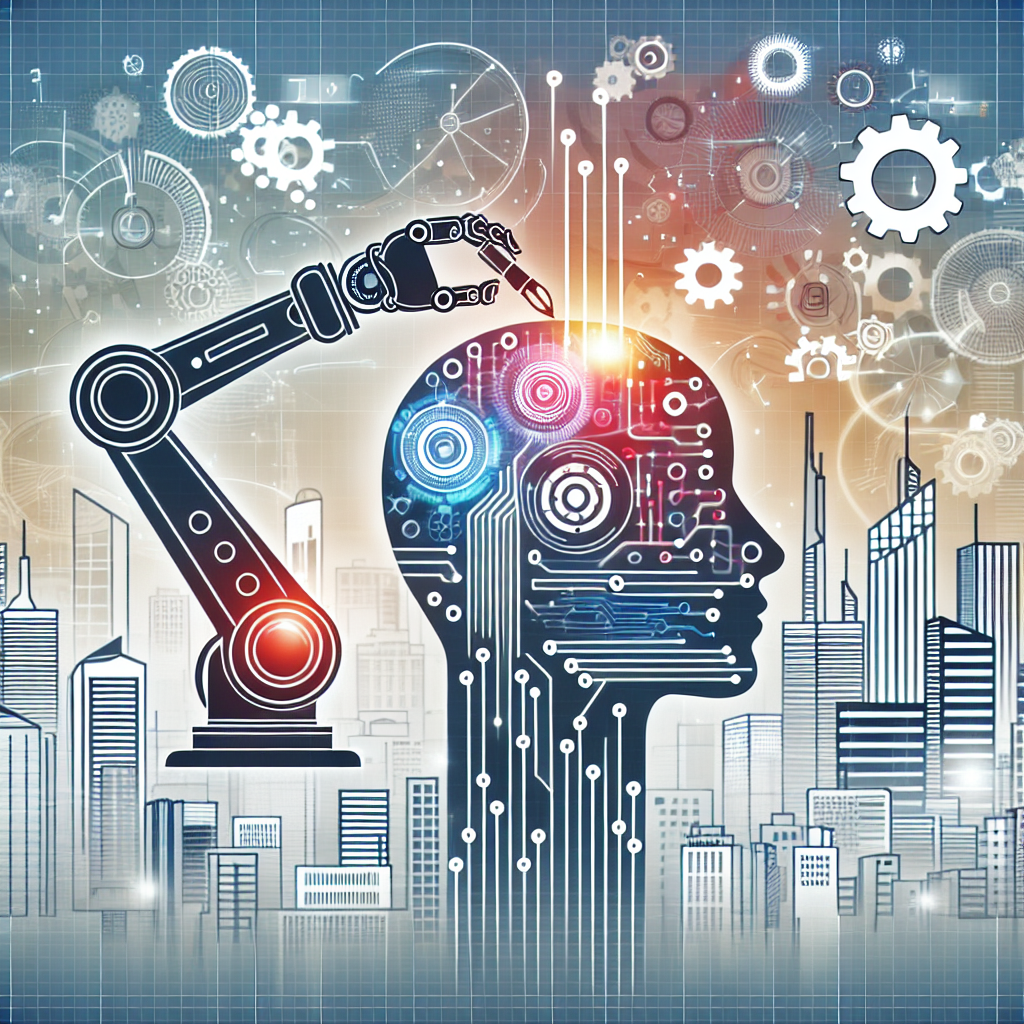In recent years, artificial intelligence (AI) platforms have become an integral part of many industries, revolutionizing the way we work and interact with technology. From virtual assistants to predictive analytics, AI platforms are transforming the workplace and shaping the future of work.
AI platforms are software systems that incorporate AI technologies such as machine learning, natural language processing, and computer vision to automate tasks, make predictions, and provide insights. These platforms are designed to assist employees in their daily tasks, improve decision-making, and enhance productivity. By leveraging AI platforms, businesses can streamline operations, reduce costs, and gain a competitive edge in the market.
One of the key benefits of AI platforms is their ability to automate repetitive tasks and processes. For example, AI-powered chatbots can handle customer inquiries, freeing up human agents to focus on more complex issues. AI platforms can also analyze large volumes of data to identify patterns and trends, enabling businesses to make data-driven decisions more quickly and accurately.
Another advantage of AI platforms is their ability to personalize user experiences. By analyzing user behavior and preferences, AI platforms can deliver tailored recommendations and content, enhancing customer satisfaction and engagement. This level of personalization can help businesses build stronger relationships with their customers and drive sales.
AI platforms also have the potential to transform the way we collaborate and communicate in the workplace. For example, virtual assistants can schedule meetings, provide reminders, and even transcribe conversations, making it easier for teams to stay organized and productive. AI platforms can also facilitate real-time translation and language interpretation, breaking down communication barriers and enabling global collaboration.
The future of work is increasingly being shaped by AI platforms, as businesses look for ways to leverage technology to drive innovation and efficiency. As AI technologies continue to evolve and improve, we can expect to see even greater integration of AI platforms in the workplace. From automating routine tasks to enabling more personalized interactions, AI platforms have the potential to revolutionize the way we work.
FAQs:
Q: What are some examples of AI platforms?
A: Some examples of AI platforms include IBM Watson, Google Cloud AI, Microsoft Azure AI, and Amazon AI. These platforms offer a range of AI services such as natural language processing, image recognition, and predictive analytics.
Q: How can AI platforms benefit businesses?
A: AI platforms can benefit businesses in a variety of ways, including automating repetitive tasks, improving decision-making, enhancing customer experiences, and enabling more efficient collaboration. By leveraging AI platforms, businesses can gain a competitive edge in the market and drive innovation.
Q: Are AI platforms secure?
A: Security is a top priority for AI platforms, and providers take measures to ensure the protection of data and privacy. Businesses should work with reputable providers and implement best practices for data security to mitigate any risks associated with using AI platforms.
Q: Will AI platforms replace human workers?
A: While AI platforms can automate certain tasks and processes, they are designed to augment human capabilities rather than replace them entirely. Human workers will still play a crucial role in decision-making, creativity, and problem-solving, while AI platforms can assist with repetitive and data-intensive tasks.
Q: How can businesses get started with AI platforms?
A: Businesses can get started with AI platforms by identifying their specific needs and goals, researching different AI providers, and selecting a platform that best aligns with their requirements. It is also important to invest in training and upskilling employees to effectively leverage AI technologies in the workplace.
In conclusion, AI platforms are transforming the future of work by automating tasks, personalizing user experiences, and enabling more efficient collaboration. As businesses continue to adopt AI technologies, we can expect to see even greater integration of AI platforms in the workplace, driving innovation and productivity. By leveraging AI platforms effectively, businesses can gain a competitive edge and thrive in the digital age.

